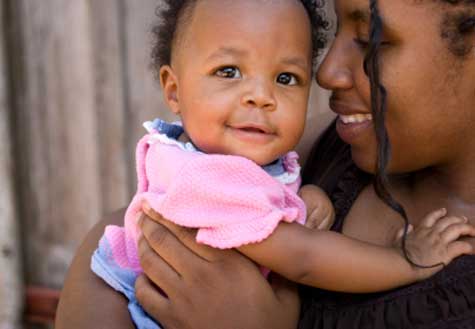Basseterre, St. Kitts, November 29, 2017 (SKNIS): The support given to teen mothers in St. Kitts and Nevis through the Teen Mothers Programme, referred to as Project Viola, has had a great impact on not only teens in the federation, but teens throughout the region.
Appearing on today’s (November 29) edition of “Working for You”, Director of the Department of Gender Affairs, Celia Christopher, said that what private and public entities in St. Kitts and Nevis have done for teenage mothers is now considered a model of best practice across the region.
Mrs. Christopher said that support for teen mothers is necessary and that the strategies of the programme have reduced the instances of teen pregnancy.
The programme relies on education and training, said the director, adding that while the main focus is education, families need to be involved in the reduction of teen pregnancy.
“We mainly focus on education, but you still have that challenge of family responsibility because even with all that you can do in the school it goes back to the home,” said Mrs. Christopher. “So, we would like the parents to cooperate with us and work with us to avoid all this teenage pregnancy that we are having because as you can see they are not ready for motherhood and their focus should be on education, not on parenting.”
From the onset, the programme has been heavily supported by the private sector, said Former Director of Gender Affairs, Ingrid Charles-Gumbs, who also appeared on the radio-television programme.
“State funding is obviously a part of [the programme], but the private sector has played a significant role in providing scholarships for the teen mothers for tertiary level education,” said Charles-Gumbs “They also provided job attachments, stipends for their transportation, lunch and for school.”
Private individuals have helped with the programme by teaching the teens a trade, said the former director. She added that the United Nations International Children’s Emergency Fund (UNICEF) has also provided a significant amount of support for the programme.
“So we had a number of private persons in addition to the private sector supporting this programme because they all realize the benefits that would redound to the country,” said Charles-Gumbs. “UNICEF realized that our programme was doing very well. It was documented and aired throughout the region.”









